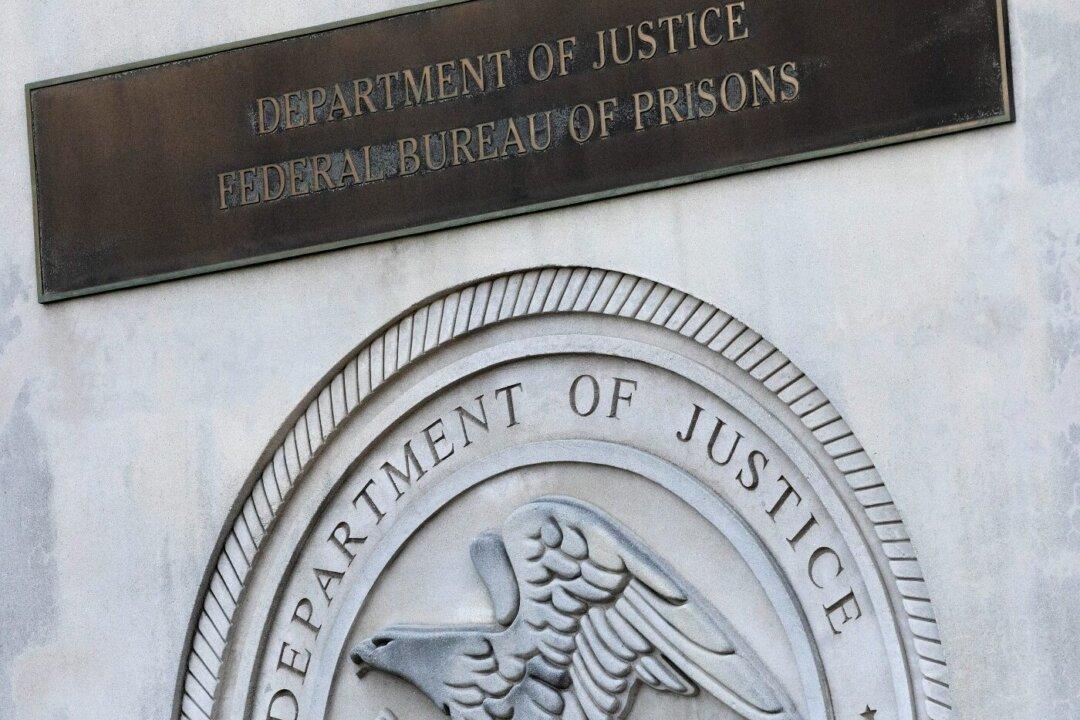Advocates for inmates who have been arrested in connection with the Jan. 6, 2021, breach of the U.S. Capitol have lamented the lack of national attention being given to the inhumane conditions facing those still in detention.
That changed on Jan. 21, when conservative writer Julie Kelly testified about the matter at a House Judiciary Committee hearing on the Federal Bureau of Prisons (BOP).




